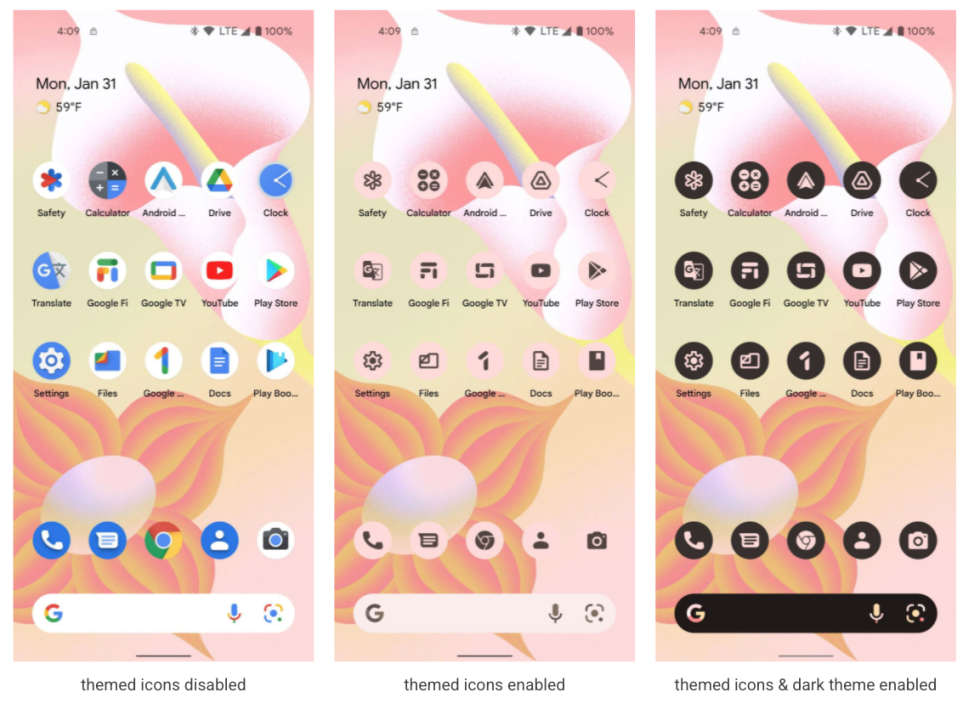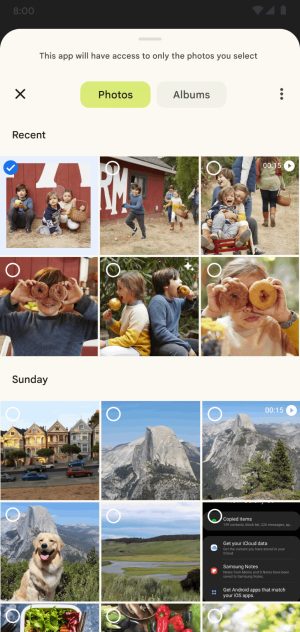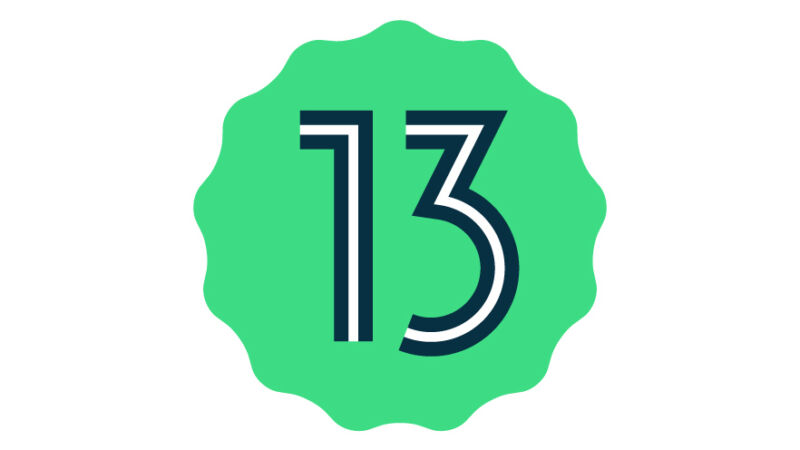On February 9, Google released the Android 12L Developer Preview #3, which is due for a final version in March. On February 10, Google is also releasing the Android 13 Developer Preview #1, which will hit devices sometime in the second half of the year. We now have Android developer previews for the next version of Android—and the version after that.
So what's new in Android 13? A few leaks have already detailed more Material You color options, a new notification opt-in system for users (both still unconfirmed), and per-all language preferences (now confirmed!). Here are some of the more interesting tidbits that Google is willing to disclose at this early stage.
Themed icons graduate from beta

Android 12 included a "beta" option for "themed icons," which monochromed some of Google's icon art and gave icons a round background that matches your Material You theme. The option pulled all the color out of an icon and reduced it to its shape.
We've never seen a fully working implementation of themed icons, though. Developers—if they are even willing to make themed icons—haven't been able to create them. The original themed icons in Android 12 were hard-coded, and Google never published documentation for the "beta" feature. For Android 13, developers now just need to supply "a monochromatic app icon and a tweak to the adaptive icon XML" and they'll be up and running with a themed icon.
It's still hard to tell if any of this "themed icon" stuff is a good idea. Nuking Google's icon colors is no big loss, since the latest rebrand makes them all the same rainbow color anyway. For third-party icons, which often have distinct, identifiable colors, won't this just make everything harder to find? It's also unclear how the icons will work in the real world.
Google got the idea for themed icons from the modding community's icon packs. But in an icon pack, a single designer makes a bunch of icons and a single user applies them. Google's rollout of themed icons won't work unless every developer in the world makes a themed icon, and it's hard to see that happening. The modding community also doesn't care about a company's branding priorities and just wants everything to match, while I can't imagine Facebook approving a Facebook icon that isn't blue.
Share pictures without the storage permission

An app that doesn't have storage access can call up the system document picker (which has storage access), and the picker can forward access to the single file you've selected. It sounds like the photo picker will provide the same thing for photos. Google says this feature will require new "photo picker APIs," which an app would need to support. I imagine this system being great for things like messaging apps that want to share a picture or an app that just needs a profile icon.
Interestingly, Google wants to roll this feature out to older Android versions via a Project Mainline update. Project Mainline (or "Google Play System updates," as they have been rebranded) is a major Android project that makes the core components of the OS updatable via the Play Store, even if they need deep system permissions that make them unsuitable for the app permissions model. MediaProvidor was added as a Mainline module in Android 11, and Google wants to update it with the new photo picker, which is a system-level interface.
Speaking of everyone's favorite Android modularity project, Google promises that there will be more Project Mainline modules in Android 13, including modules for Bluetooth and Ultra wideband. Bluetooth is a notoriously messy standard, and devices of wildly varying ages and versions all need to talk to each other. Being able to band-aid this awful standard together via the Play Store will be nice. The Android Team is presumably still working on a big Bluetooth revamp codenamed "Gabeldorsche," which still hasn't hit the streets yet. Being able to update that remotely, if it ever ships, would be nice, too.



3175x175(CURRENT).thumb.jpg.b05acc060982b36f5891ba728e6d953c.jpg)


Recommended Comments
There are no comments to display.
Join the conversation
You can post now and register later. If you have an account, sign in now to post with your account.
Note: Your post will require moderator approval before it will be visible.